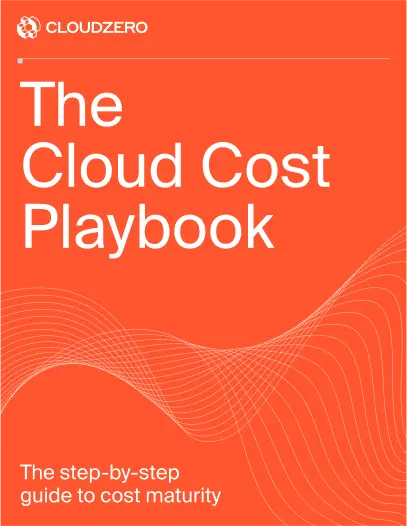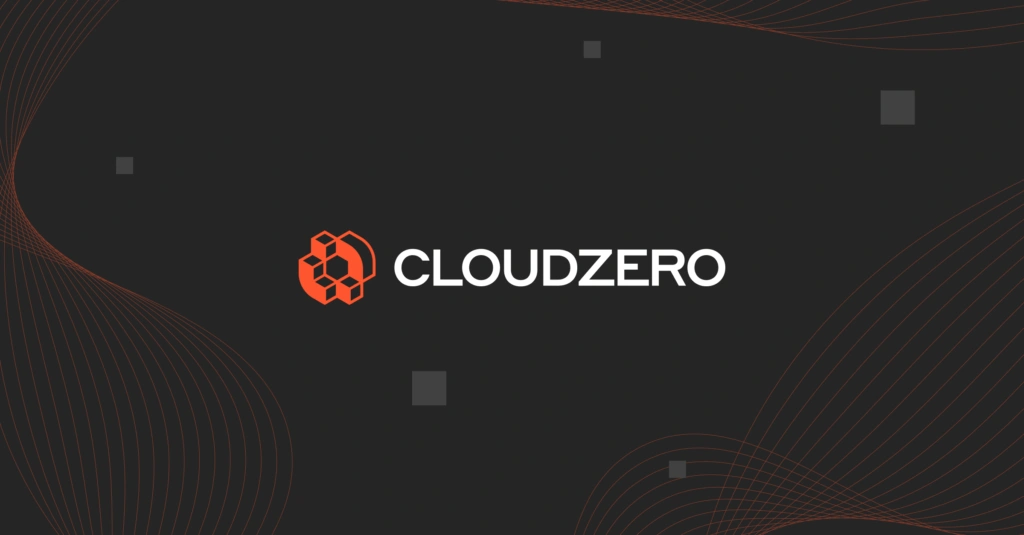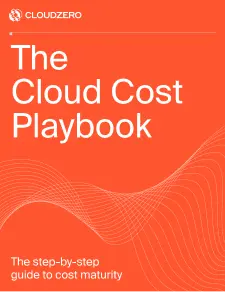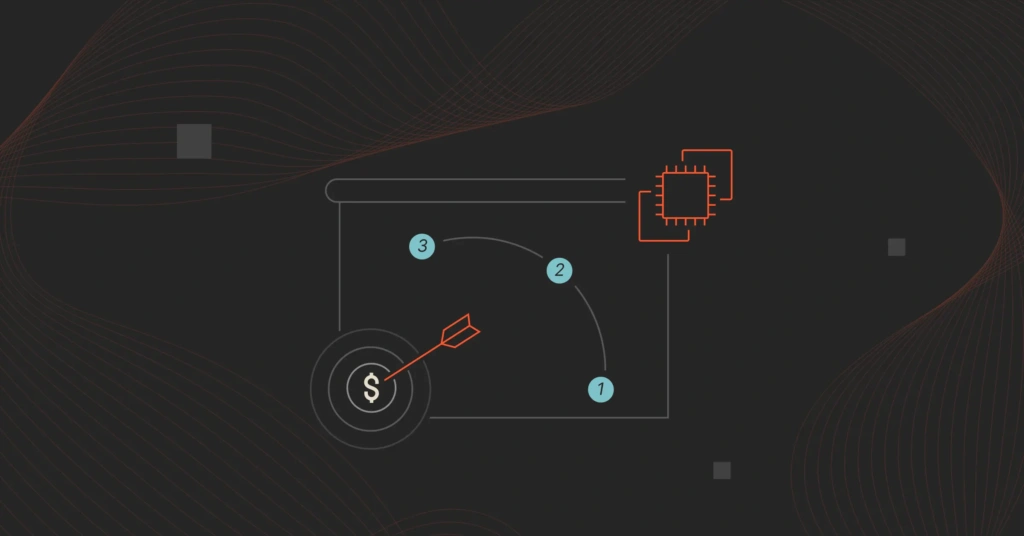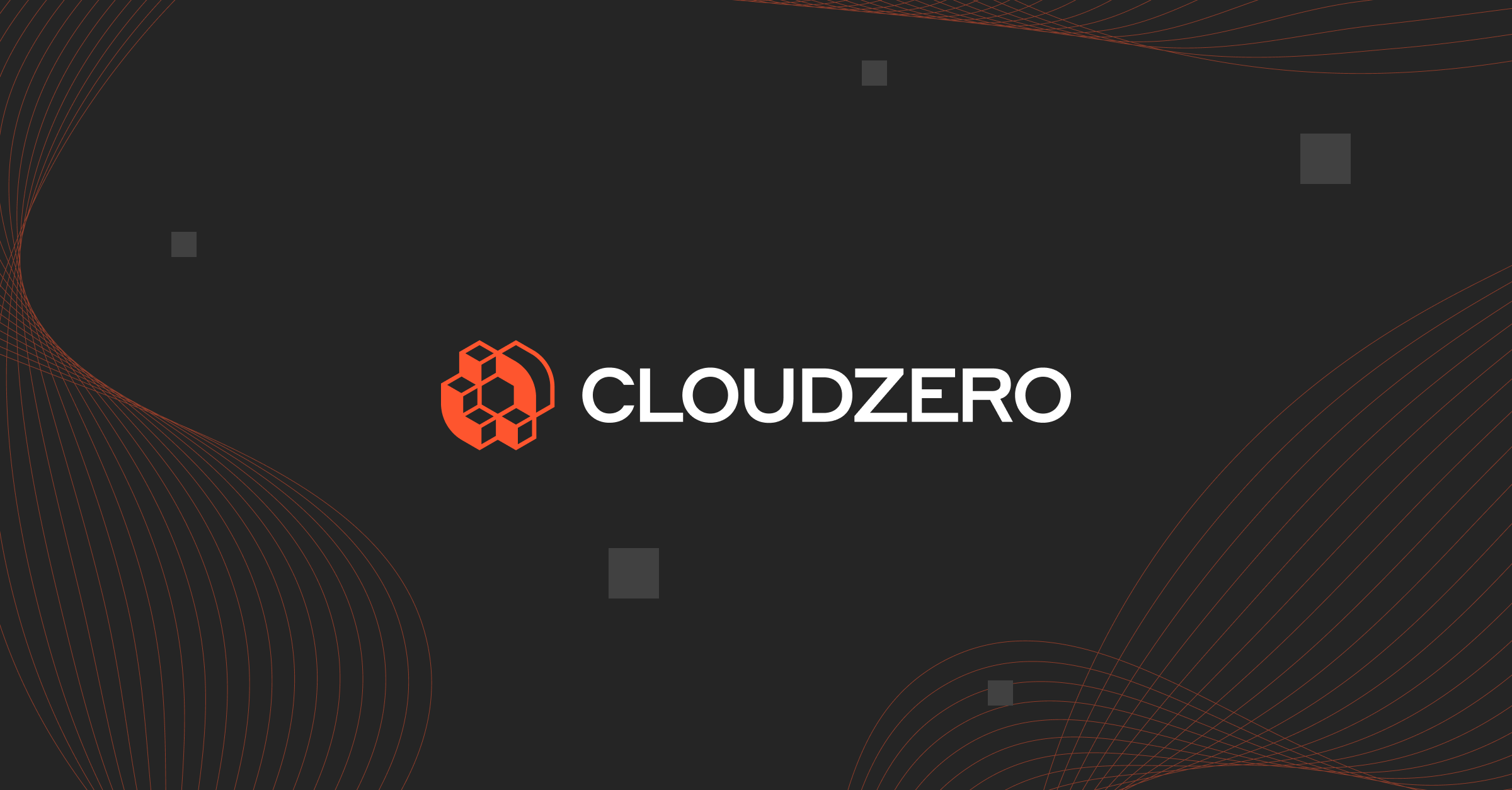If you’re going through a merger or an acquisition, you’ll soon have to assemble all the cloud account data from two or more organizations and blend it together to fit your new, larger organization.
You may be bringing the companies together to form a new entity or simply absorbing one company into the other; the details don’t matter, because the solution is the same either way.
Right off the bat, you can use CloudZero to blend the data from those different organizations together to achieve a seamless, consolidated view of spend for the new, larger company.
You could do it manually, but realistically, it could take larger businesses months — or longer — to integrate. That’s a lot of wasted time, money, and effort.
Here’s why we recommend skipping right to using CloudZero to combine and allocate costs — and begin to find cost savings — after a merger or acquisition.
How To Find Cost Savings After A Merger By Allocating Costs With CloudZero
Let’s assume for now that both companies being integrated have mature cost allocation strategies. That means both have tagging policies in place, and perhaps several cloud accounts to represent different segments of the business.
Even if those strategies worked well separately, they wouldn’t necessarily make sense if you combined them as they are right now. For one thing, it’s highly unlikely that both sets of engineers would have used the exact same naming scheme for tags.
For another, those cloud accounts theoretically cover the same ground in two separate companies, and would therefore leave a lot of overlap if you left them as-is in the new organization.
Things become even more complicated if one or both of the organizations have messy, illogical allocation strategies instead of mature ones.
Dedicated engineers could sort through each tag by hand and reassign resources under a central naming strategy, and account managers could begin to move cloud resources from one account to another to bring the two organizations together into one.
However, all this work and frustration isn’t truly necessary.
CloudZero Dimensions Are The Magic Wand That Brings Both Sides Together
One of the most user-friendly aspects of Dimensions is that it doesn’t require tags or differentiated accounts to separate out your cloud costs.
If you have those things, it can certainly use them. But we apply a layer of logic on top of tags and accounts that intelligently places your costs into buckets, even when the underlying allocation schemes are immature or missing entirely.
For example, if one organization calls a certain resource X and the other calls it Y (or doesn’t call it anything at all, in the case of a company without a tagging strategy), CloudZero can recognize that it’s the same type of resource and place it into a descriptive category that includes data from both companies.
When you go into the Dimensions dashboard and click on that resource, you’ll be able to view the cost data for that resource type in one convenient place, without having to manually change anything about either company’s allocation scheme.
It’s worth noting that Dimensions is just as effective for reconciling messy tags that call the same resource multiple different things or tags that include typos. It can clean up these errors and provide a consolidated view with a normalized naming strategy.
Better still, this isn’t a process that takes months. You can achieve visibility into the new organization’s total, combined cloud spend within just a few days.
From there, you can begin to find some cost savings after the acquisition or merger is complete.
Once the two organizations have been blended into one on the Dimensions dashboard — even if you haven’t touched the original tags or accounts — you can begin to break out your unit economics for the new company.
At this point, the new entity is no different than any other single organization using CloudZero to find cost savings.
You can start to identify inefficiencies that should be improved, pinpoint opportunities for provider discounts, and even plan bold, lucrative ventures based on your unit economics.
 to see for yourself how CloudZero can help you allocate cloud costs after a merger or acquisition.
to see for yourself how CloudZero can help you allocate cloud costs after a merger or acquisition.
